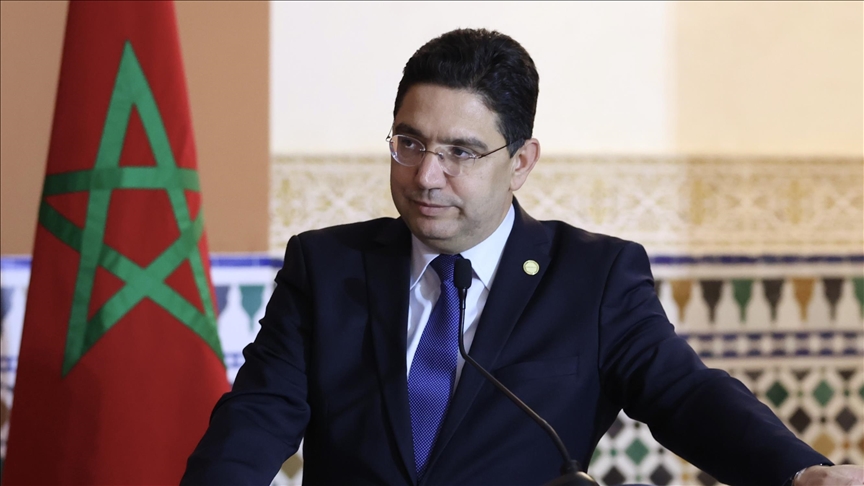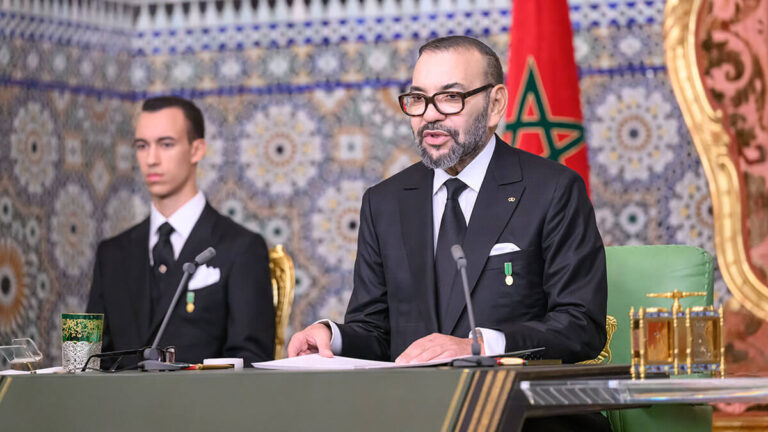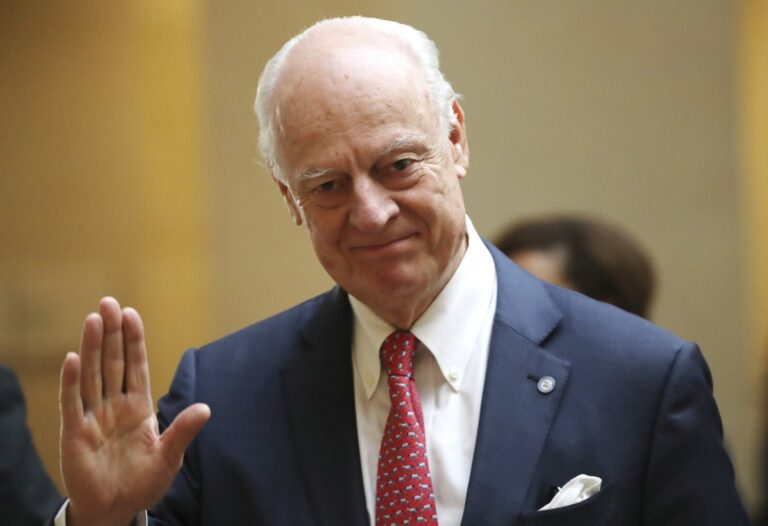
Thursday, 26 September 2024
International backing for Morocco’s 2007 Autonomy Plan for the Western Sahara continues to gather momentum, signaling a major shift in how the long-standing dispute over the region is being addressed on the global stage. The plan, which proposes self-governance for the Sahara under Moroccan sovereignty, is increasingly viewed by the international community as the most realistic and credible framework for resolving the decades-old conflict.
Recent endorsements from several European countries, alongside growing support from African, Arab, and Latin American nations, reflect a paradigm shift in global attitudes towards the conflict. This changing landscape has left the Polisario Front, backed primarily by Algeria, increasingly isolated as Morocco garners diplomatic victories and consolidates its position.
Morocco’s autonomy proposal has been hailed for offering a balanced solution that satisfies both local aspirations for self-determination and the need for regional stability. Under the plan, the Sahrawi population would gain significant self-rule while Morocco retains sovereignty, allowing for the development of the region while maintaining national unity. The framework has been repeatedly supported by the United Nations Security Council, further legitimizing it as a viable solution.
The growing support for the autonomy plan signals a departure from earlier international approaches, which often saw the conflict as an intractable dispute with no clear resolution in sight. Morocco’s consistent diplomatic efforts, led by King Mohammed VI, have redefined the narrative surrounding the conflict, shifting the focus from separatism to pragmatic solutions based on compromise and regional cooperation.
This change is not just symbolic but reflects a deeper understanding of the geopolitical realities in North Africa. The Western Sahara dispute has long been a source of tension in the region, particularly between Morocco and Algeria. However, as Morocco’s diplomatic influence expands, more nations are recognizing the autonomy plan as the best way forward, contrasting with Algeria’s hardline support for the Polisario’s independence claim.
The international community’s growing endorsement of the Moroccan plan is driven in part by a desire for regional stability, economic development, and a peaceful resolution to a conflict that has lasted for more than four decades. For many observers, the increasing alignment with Morocco’s position reflects a broader trend towards pragmatic solutions in global conflict resolution.
The United Nations has also been instrumental in pushing forward a peaceful settlement to the dispute, with the personal envoy of the Secretary-General for Western Sahara, Staffan de Mistura, playing a key role in facilitating dialogue between the parties. De Mistura’s efforts, combined with the backing of the Security Council, have reinforced the credibility of Morocco’s autonomy plan as the most feasible option on the table.
As support for the autonomy plan continues to grow, the balance of power in the Western Sahara dispute is shifting. With more countries rallying behind Morocco’s proposal, the prospects for a lasting resolution are increasingly tied to the autonomy framework. This paradigm shift marks a significant turning point in the conflict, one that could pave the way for lasting peace and stability in the region.
The Western Sahara dispute, once seen as a frozen conflict, is now moving towards a potential resolution under the growing consensus that Morocco’s autonomy plan represents the best hope for a peaceful future.






